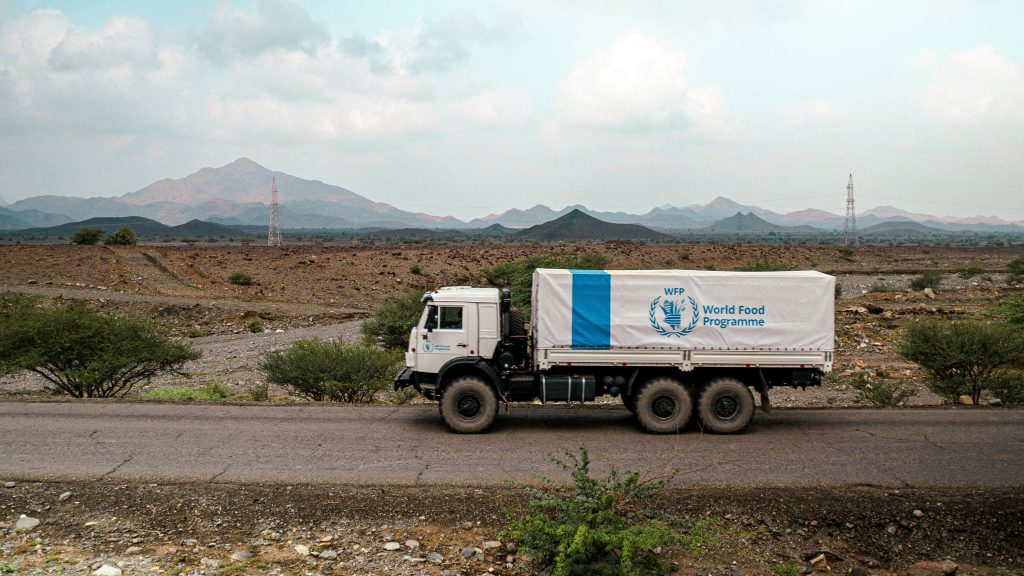Civilians in the Jebel Awliya area, located just south of Sudan’s war-ravaged capital, Khartoum, have received their first aid convoy since the war began 20 months ago, according to local volunteer groups.
The convoy, which consisted of 28 trucks, arrived this week, bringing much-needed relief to the besieged region. It included 22 trucks of food from the UN’s World Food Programme (WFP), one truck each from Doctors Without Borders and Care, and five trucks carrying medical supplies from UNICEF.
Local volunteers and UNICEF reported that the supplies were essential to meet the urgent health and nutritional needs of around 200,000 children and families in the area. Jebel Awliya, like many parts of Sudan, has been facing severe starvation after warring factions blocked access to humanitarian aid.

Since the conflict erupted in April 2023 between the Sudanese army and the paramilitary Rapid Support Forces (RSF), no aid has been able to pass through without the approval of both parties. Volunteers from Sudan’s emergency response room (ERR) faced months of challenging negotiations and constant threats to secure access for the convoy.
“Access to the area has been essentially cut off due to the conflict dynamics,” said Sheldon Yett, UNICEF’s Sudan representative. “It took three months of negotiations to get the convoy through, with trucks detained on multiple occasions.”
The blockade has also hindered efforts to formally declare a famine in Khartoum. While famine conditions have already been reported in five regions of Sudan, including parts of Khartoum and Al-Jazira state, the lack of reliable data has made it impossible to confirm the full scale of the crisis.
The ongoing war has left over 24.6 million people, nearly half of Sudan’s population, facing high levels of food insecurity. Both warring sides have been accused of using starvation as a weapon of war, exacerbating what has become one of the world’s largest humanitarian disasters.


